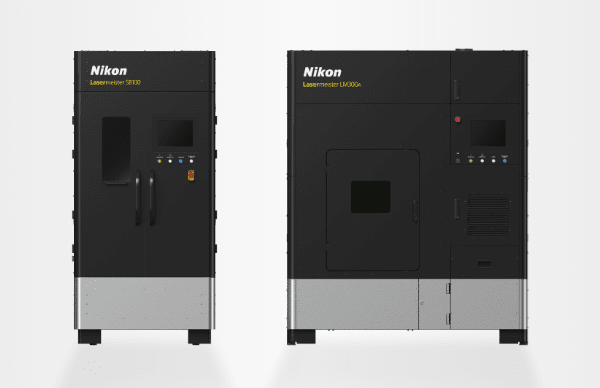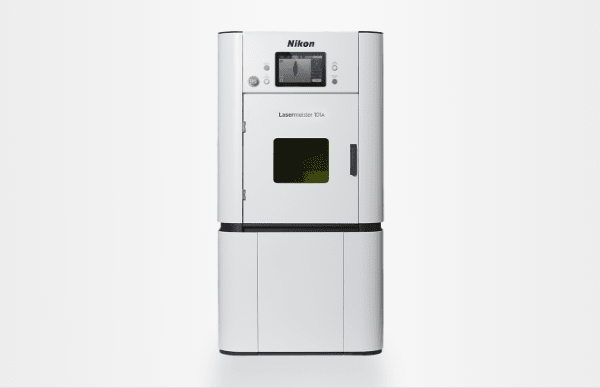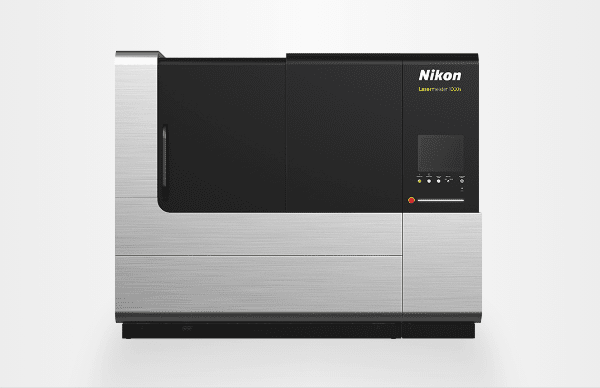Optical processing machine "Lasermeister"
"Lasermeister" is Nikon's proprietary laser processing machine that uses the optical measurement and precision control technologies that Nikon has accumulated with semiconductor lithography systems. It enables various laser processing with high precision. Lasermeister meets a wide range of needs in the field of material processing, including metal additive manufacturing, marking, bonding, and subtractive processing of materials.
Product list
Nikon AM Technology Center
Nikon AM Technology Center is equipped with industry's most advanced large and ultra-large format laser powder bed fusion (L-PBF) tools and high-precision Nikon DED equipment, capable of handling a wide range of innovative and widely used alloys.
This technology center develops metal AM technology and provides a wide range of solutions and services related to metal AM processing, such as prototyping, to customers.
This technology center develops metal AM technology and provides a wide range of solutions and services related to metal AM processing, such as prototyping, to customers.


Demonstration Room Information
| Address | 3550 Carson Street, Long Beach, California, 90808, U.S.A |
|---|---|
| Business hours | 9:00-17:00(every day except Saturdays, Sundays, National Holidays, and Nikon's holiday breaks) |
| Tour inquiry | Please fill in the inquiry form. |





